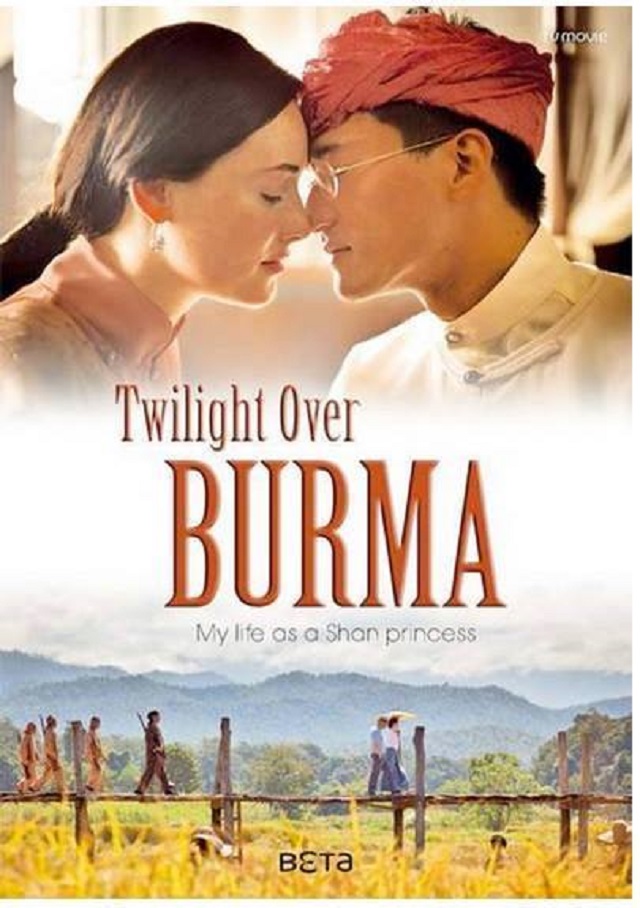A planned screening in Rangoon this week of the film Twilight Over Burma, based on the true story of Prince Sao Kya Seng, from Hsipaw and his Austrian born wife, Inge Sargent, was cancelled after government authorities banned the film citing “national reconciliation”. The decision to ban the film was met with ridicule by the Prince Sao Kya Seng’s nephew, Khun Tun Oo, a prominent Shan politician and former political prisoner.
The story focuses on Sargent who became the princess of Hsipaw also known as the Mahadhevi Dhusandi and her marriage with the prince who was jailed when General Ne Win launched a coup d’état in 1962.
As the film, which is the first to explore the events surrounding Burma’s 1962 coup, shows Sao Kya Seng disappeared after his arrest under circumstances that have never been fully explained.
Government officials have deemed that the themes explored in the film are too sensitive, this despite the fact that more then 50 years have elapsed since Sao Kya Seng’s arrest. They blocked the film from being screened as part of this week’s Myanmar Human Rights Film Festival.
An official from the Ministry of Information’s 15-member film review committee told the AFP news agency that screening the film could cause difficulties. “We were worried and afraid that unnecessary problems could arise because of this (film) while we are working on achieving national reconciliation,” said Thida Tin, deputy chairman of MOI’s film review committee. In an interview with the BBC Thida Lin claimed that the film was banned for the sake of “national unity and also the stability of the country and of our people”.
These claims did not sit well with Sao Kya Seng’s nephew, Khun Tun Oo, a prominent Shan politician and leader of the Shan National League for Democracy (SNLD).
“It’s irrational that this film will destroy unity,” said Khun Tun Oo. “This film is based on a true story,” he explained.
“The person portrayed in the film is still missing. No one knows whether he is dead or alive. He departed from his daughters since one daughter was only 5 and another was only 7.”
“It’s unreasonable that the film will damage unity. It is just an individual right. Thus, it means there are no rights,” Khun Tun Oo added. “Has there been any national unity? If there has not, how can this film destroy unity?”
The Myanmar Human Rights Film festival which began in 2013, was created to show the situation in the country, explained Mon Mon Myat, one of the festivals directors during at a speech given on the opening night. “A film festival is a measurement of our current political situation. Through this film festival, we can show to what extent [what] we can do and how much media freedom we have obtained. We have obtained human rights to a certain extent in our country. But, in reality, there are still rules and limitations concerning the military and the religion,” she said before concluding “I want to express my sadness in not being allowed to screen this film.”













Leave a Comments